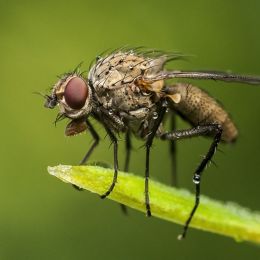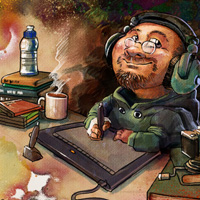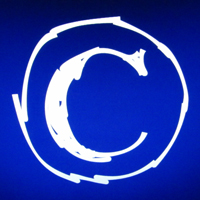- photo contests ▼
- photoshop contests ▼
- Tutorials ▼
- Social ▼Contact options
- Stats ▼Results and stats
- More ▼
- Help ▼Help and rules
- Login
The Making Of "Valentyne" - Blender Tutorial

"Valentyne" was created for the Blending Life 2 contest. The objective was to create a realistic-looking human using Blender.
This tutorial will teach how how to make such a realistic looking character. The steps are not very detailed, so advanced knowledge of Blender is required.
submitted: 5 years and 3343 days ago
How to set up a point density texture in Blender for volume rendering of particles - Blender Tutorial

Suzanne has become a ghost! Thanks to volume rendering of particles controlled by a point density texture! This tutorial also shows you what you can achieve with moving turbulence force fields!
submitted: 5 years and 3355 days ago
0 comment(s) | submitted by: Guest | Views: 671
Action Editor Basics - Blender Tutorial

Get a handle of the basics of Blender action editor and NLA editor
submitted: 5 years and 3357 days ago
0 comment(s) | submitted by: Guest | Views: 752
Particles and Force Fields - Blender Tutorial

Learn how to take control of your particles with the use of force fields.
submitted: 5 years and 3359 days ago
0 comment(s) | submitted by: Guest | Views: 463
Shining Text Effect - Blender Tutorial

Learn how to make a shining text effect using the compositing nodes in Blender 3D.
submitted: 5 years and 3359 days ago
0 comment(s) | submitted by: Guest | Views: 445
Making of Paulo Silva's 'Valentyne' image - Blender Tutorial

Paulo Silva had always wanted to create a realistic portrait, so when a suitable Blender competition came along, he jumped at the chance to get involved!
submitted: 5 years and 3366 days ago
0 comment(s) | submitted by: Guest | Views: 314
Create a Wicked Drum of Smoke in Blender - Blender Tutorial

This effect is nice, simple and gives you a lot of insights on how the smoke simulation and force fields work in Blender.
submitted: 5 years and 3366 days ago
0 comment(s) | submitted by: Guest | Views: 236
Blender Tutorial: Mix Smoke of Two Different Colors - Blender Tutorial

If you ever wanted to know how to mix smoke of different colors in Blender 2.5, here's a simple howto. This is the first part of my series of tutorials for Nion's excellent Blender effects.
The effect is based around a voxel data texture whith the heat values of the the smoke as source. This tutorial assumes that you are already familiar with the smoke simulation in Blender 2.5. You can also download the finished blendfile.
submitted: 5 years and 3439 days ago
0 comment(s) | submitted by: Guest | Views: 486
Lighting and Rendering - Blender Tutorial

Many times, objects contain numerous attributes that define how they look, and they're not always perfectly uniform in relation to the object. For example, a used paint can would have paint dripping down the sides of the can—if we were creating this can in 3D, we'd have to tell Blender that there is a specific spot on our 3D mesh that contains different attributes than the rest of the mesh.
This is where UV mapping comes in handy. UV coordinates are, in simple terms, a two-dimensional representation of the texture coordinates of a three-dimensional object. They allow us to tell Blender specific properties about specific areas of our objects in a scene.
In this tutorial we're going to talk about creating custom textures for our scene and how to bring them into Blender. We will learn how to create a custom UV map and texture for an object in our interior scene.
submitted: 5 years and 3514 days ago







